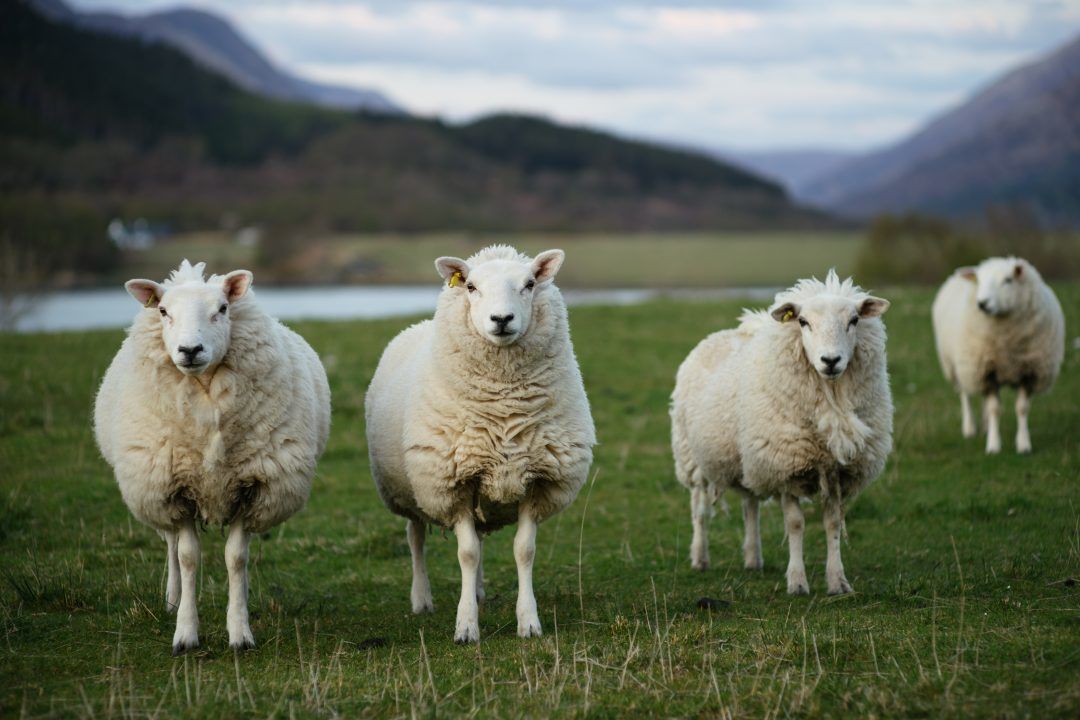With the Autumn Budget just a day away, all eyes in the farming sector are on Rachel Reeves and what her plans could mean for the industry.
Since the UK Government announced plans to change inheritance tax at the last Autumn Budget, dozens of protests have taken place across the country as the industry calls for an urgent rethink of the proposals.
Farmers warn a 20% tax on assets worth more than £1m will push them out of business.
Bruce Irvine’s family have farmed in Aberdeenshire for around 250 years. They have a 600-acre farm with sheep, cattle and hens, and he’s one of the many calling for a redress of the plans.
He said: “I once worked out how much roughly I get an hour for the work I do on the farm, and it came out to £5.82 an hour on average, this is not a big money maker.
“In terms of the biggest challenges were facing, it used to be supermarket prices versus our production costs, but now it’s this.”
Bruce estimates he’d have to pay around £300,000 if he passed his farm onto his children.
A year on, he has a message for the chancellor.
“She’s taking money away from people who don’t have much already we may be asset rich, but we are cash poor,” said Bruce.
“I would feel terrible if I was the person who lost the farm after 200 years.”
The Treasury says the tax could be paid interest-free over ten years, but has stood firm with its plans to change inheritance tax.
A UK Government spokesperson said: “The latest data shows that 40% of Agricultural Property Relief – worth £219m – was directed to just 117 estates.
“The money raised will go towards public services we all rely on every day instead.”
Westminster aside, agricultural policy is devolved so what the Scottish Government decide to set in January will also be important for the industry.
Charlie Adam has a mixed farm in Aberdeenshire and has been in business for more than 40 years. He said: “Our current funding in Scotland is hand-to-mouth.
“What we want is a multi-year settlement so we can plan ahead, and it needs to be an increased amount because the budgets have been gradually eroded away.
“In Scotland we’re dependant on government support particularly in the less favoured areas, and if that’s in danger, that really does endanger Scottish agriculture.”
The Scottish Government say they have some of the most generous support packages for farmers and do support multiyear funding.
Rural affairs secretary Mairi Gougeon said: “In stark contrast to other parts of the UK, the Scottish Government has a strong record of delivering a range of support schemes to our farming and crofting sectors.
“We, alongside the sector, continue to push for multi-year funding agreements that would allow both government and farmers to plan more effectively.”
This year the industry has continued to face rising production costs and global uncertainty with trade deals.
Then there’s been the weather to contend with, with the north east of Scotland experiencing one of the driest springs for 70 years, which affected yields.
Charlie added: “This year we’ve seen bad yields for malting barley. The price we’re getting for it, if we can sell it, doesn’t cover the production costs.
“Already people are beginning to sow different crops this winter instead, and that’s not good because it’s a key ingredient for Scotch whisky.”
Both budgets are important for Scotland’s farmers.
But this year, more than others, they’ll be watching the details closely.
Follow STV News on WhatsApp
Scan the QR code on your mobile device for all the latest news from around the country






























